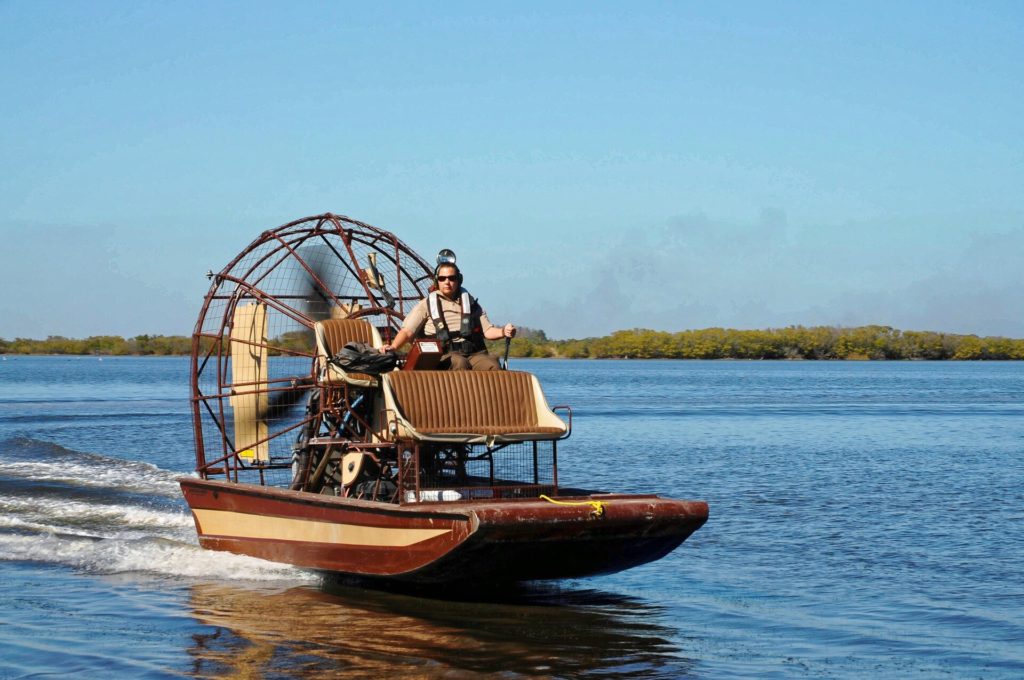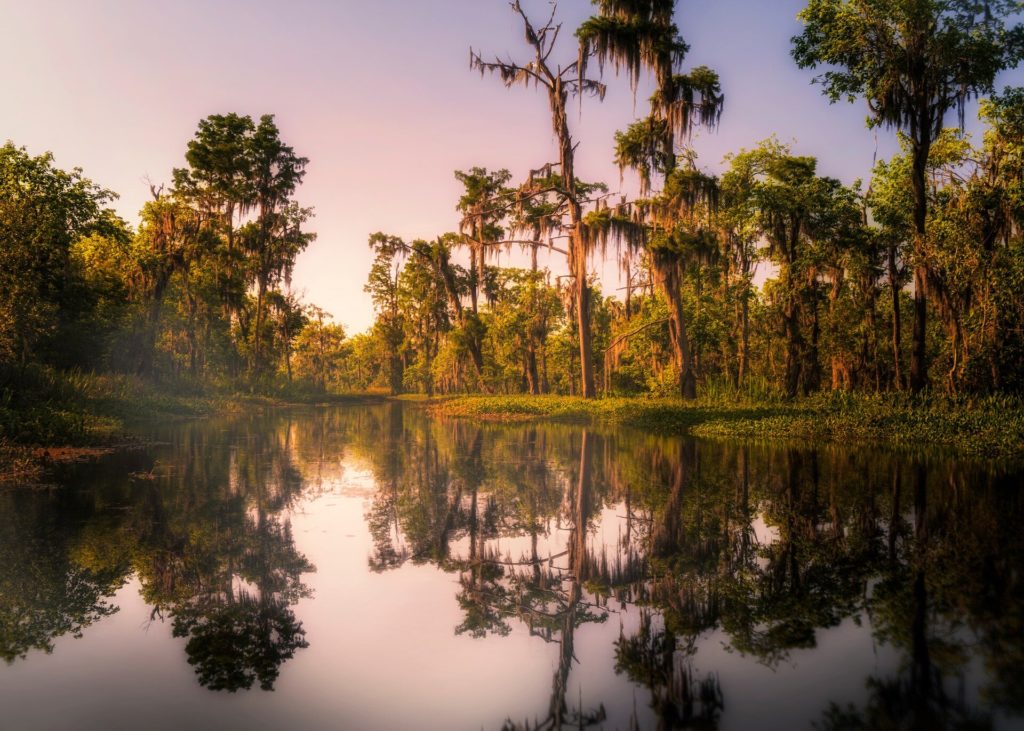Without doubt one of the most beautiful cities in the world, New Orleans is strategically positioned along the Mississippi River. While New Orleans has been plagued with problems synonymous with coastal U.S cities it has remained defiant by choosing to preserve its rich culture and history.
The First inhabitants of New Orleans
The original inhabitants of New Orleans were a mixture of Canadian, Woodlands, and Mississippi cultures. The city of New Orleans was named the capital of Louisiana in 1722. The French colony took control of the city in 1723, transforming it into a vibrant hub of trading and commerce.
The signing of the Treaty of Paris in 1763 saw Spain taking control of the city. It is during Spain’s 37-year rule that the city saw massive growth in trade and culture. During this period, the Great Fires of New Orleans in 1788 devastated most of the French architecture.
It took over six years to rebuild, though shortly after another fire brought down a third of the city. The Spanish colony later relinquished Louisiana back to France. Then Napoleon sold the city to the United States in what was known as the Louisiana Purchase of 1803.
Hurricane Katrina
Hurricane Katrina was one of the worst storms to hit New Orleans. It swept across the city, displacing and killing many people. The date August 29th, 2005 when the category 5 hurricane made landfall remains one of the darkest days for the city of New Orleans.
Food
A common meal here is the Po’Boys sandwich which is made on a baguette-like French bread. The locals love it covered in vegetables and condiments.
Another popular food is red beans and rice. This dish was historically served on Mondays. In the past, Mondays were traditionally laundry day when women of the household would be preoccupied with washing. They preferred to cook rice and beans on this day because it required minimal preparation.
Music & Dance
There is no better sound than New Orleans Jazz. The style is a bit faster than jazz found on the east coast. The earliest form of jazz was the Dixieland. It has since evolved into brass bands consisting of five to ten members that perform in the local streets and bars of New Orleans.
Architecture
Creole Townhouses are a common architectural style found in the French Quarter. They are made of bricks and have two or three-story balconies. Many of these buildings were destroyed by the fires in the 1700s, however, were later rebuilt by the Spanish.
Shotgun Houses have an open concept with one room leading to other rooms without hallways. This style is great for hot climates because the space can be easily cooled down by opening both the front and back doors to allow a breeze through the entire house.
The People of New Orleans
New Orleans has a rich and diverse culture consisting of people from all walks of life. Some of these cultures include the Creole people who speak both French and Spanish and the Cajuns who are of French Canadian origin.
To this day, New Orleans remains a place rich in culture and people who take pride in their city. Since the very first inhabitants, the people of New Orleans have continued to hold true to their traditions and remain strong when faced with challenges.



